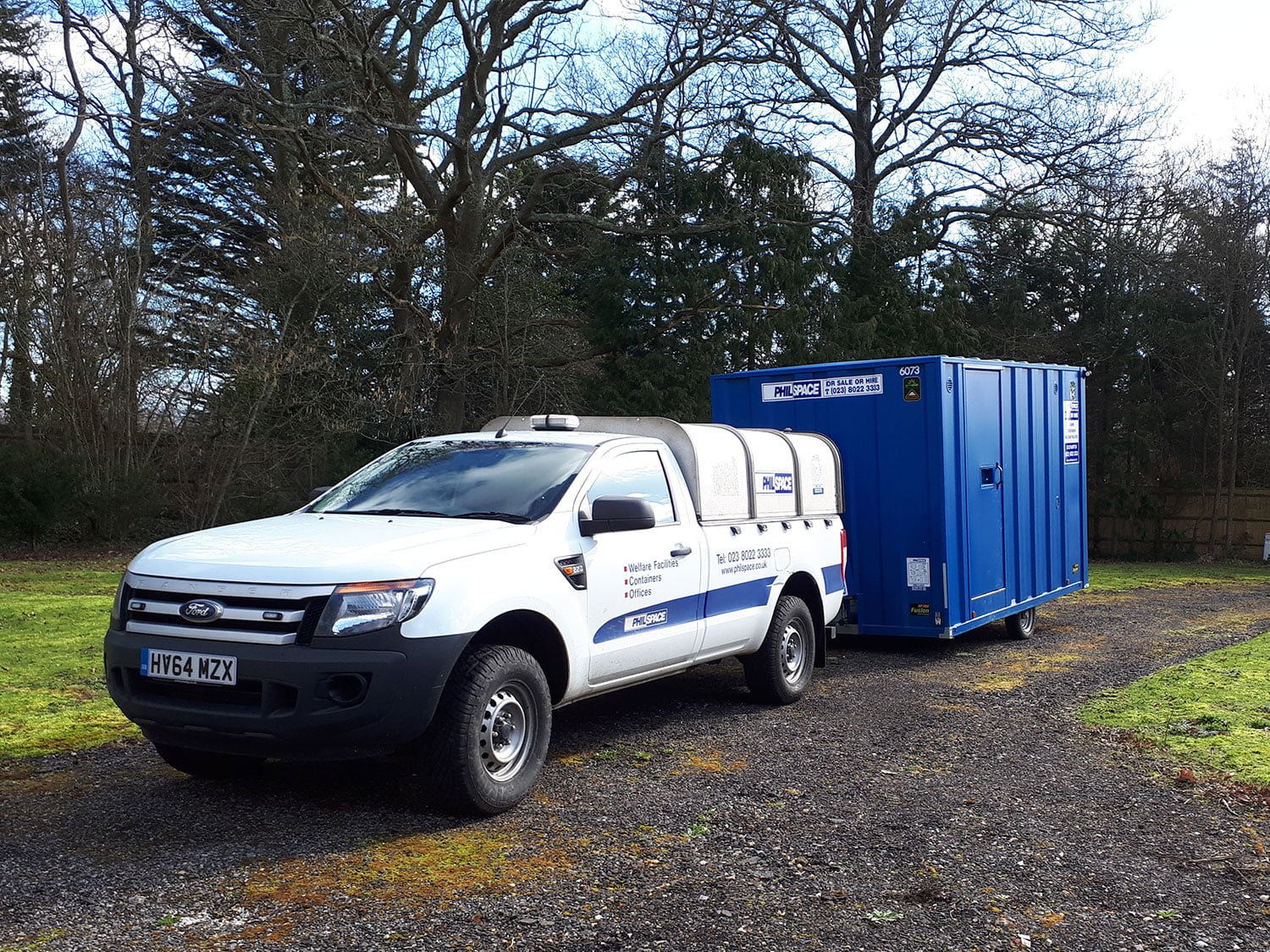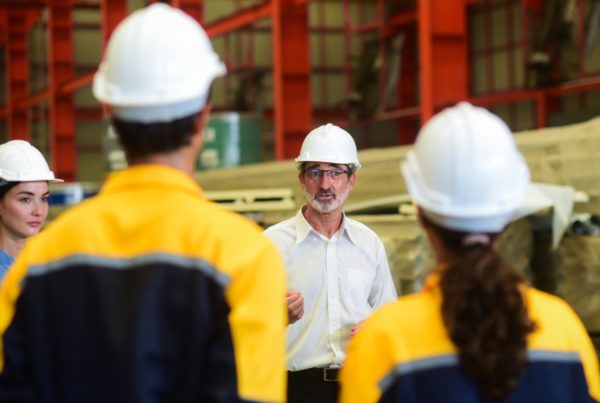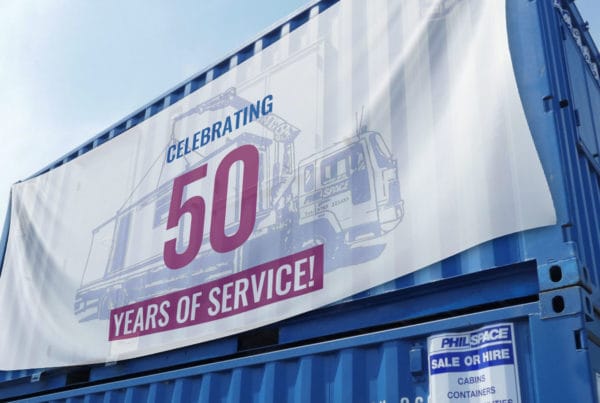Welfare Unit, Shipping Container Uses
Shipping containers are being put to creative uses during the Covid-19 crisis. Find out more about how welfare units and converted shipping containers can be helpful to your workplace in these difficult times.
The Covid-19 pandemic has led to some drastic changes in our lifestyles, including temporary changes in the way we use urban spaces. However, one of the main needs it has highlighted is for the provision of proper hygiene, especially in workplaces. Another issue that emerged during the crisis is the lack of infrastructure to deal with the large number of cases.
However, we are pleased to note that repurposed shipping containers and welfare units are coming quite handy in these difficult times. So, how are welfare units and shipping containers useful during the Covid-19 crisis?

Benefits of Welfare Units and Shipping Containers in the Covid-19 crisis
Temporary Intensive Care Units
Shipping containers can be transported and modified quite easily. Moreover, each unit provides just enough space inside, whilst being self-contained. This is why MIT researchers, engineers, and designers, led by architectural firm Carlo Ratti Associati, got together to convert shipping containers into portable intensive care units.
These units were just conceptual up until recently, but now, prototype units are being used in a temporary hospital in Turin. That’s how useful shipping containers have been during the Covid-19 crisis!
Emergency Accommodation
The Cornwall Council is using converted shipping containers for temporary accommodation. These accommodations are to be provided to people who have been living in shared facilities and need a self-contained ‘home’ for social distancing, as well as people who may have lost their homes during the Coronavirus crisis.
Social Distancing on Construction Sites
Construction site owners are required to provide welfare facilities to workers. These include a space to rest and to eat their meals. While it was possible to accommodate multiple people inside a space before the Covid-19 pandemic, it’s no longer safe to do so. In such a situation, converted shipping containers and welfare units can provide a temporary solution.
These units can give you a quick solution to your space problems. If you’re concerned about not needing them in a few months’ time, you can always hire them to use while the social distancing measures are in place. This is another instance that highlights the usefulness of welfare units in the Covid-19 crisis.
Workplace Hygiene
As you must be aware, one of the most effective ways to keep yourself safe from the Coronavirus that causes Covid-19 is to wash your hands frequently, especially if you may have touched a surface that could be infected.
Whilst most people can stay at home, certain professions and workplaces have to remain open. In such cases, while repurposed shipping containers can provide extra space for people to keep their distance, welfare units can give them the means to wash their hands as and when required.
Secure Storage
Certain outdoor workspaces may be working but on a limited basis. Some of these, and construction sites especially, often have tools that are left on the site even during downtimes. These tools are at risk of getting stolen if they aren’t stored properly, which can mean quite a significant monetary loss to you.
In such a case, tool sheds made from converted shipping containers can provide you with a safe and secure storage space. Even if the lockdown means you need to close your construction site indefinitely, your tools will remain safe.
As you can see, shipping containers and welfare units can be immensely helpful during the current crisis. However, they will be equally useful even when things return to normal. The uses of shipping containers are only limited by your imagination!
If you require shipping containers for a creative use, or need extra office space, welfare units, or tool vaults, get in touch with us.




